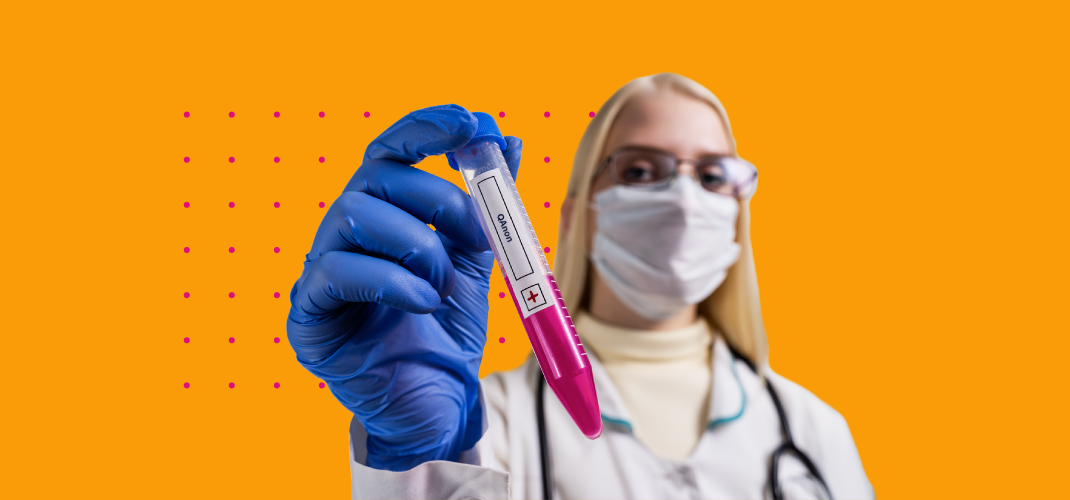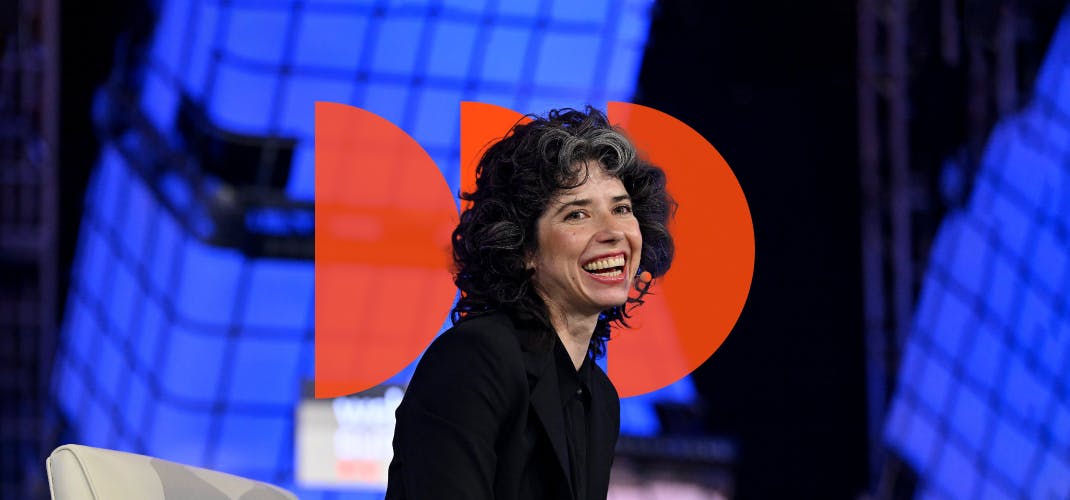
Making tech better: Ethics in the age of AI

From crypto and Web3 to the emergence of AI, the tech industry is running into many ethical problems. Discover what some of our Web Summit Rio speakers had to say.
With our first thrilling South American tech event over, it’s time to look forward to Web Summit Rio 2024, taking place in the Riocentro convention center from April 15-18. Will you be there?
Web Summit Rio 2023 had sessions uniting tech experts, cultural icons and global policymakers, as well as interactive Q&As, masterclasses, and speaker experiences.
Here are some insights from world-renowned experts on making tech better, including Meredith Whittaker, Rebecca Parsons and Nym’s Chelsea Manning.
If you want to learn more about the event, you can stay up to date by subscribing to our newsletter. You can also follow Web Summit Rio on Facebook, Instagram, Twitter and LinkedIn.
Chelsea Manning calls for more ethics in tech
According to Chelsea Manning, prominent whistleblower and security consultant for privacy platform Nym, technologists should be held to the same ethical standards as doctors and lawyers.
“We’re held to a different standard than, say, a surgeon, and I wouldn’t want to go to a surgeon who has the mentality of ‘break things and figure it out later’,” said Chelsea.
Chelsea took issue with the tech credo ‘move fast and break things’: “We’re in such a new environment and a new time. While we’re moving fast and breaking things, we have to think of the consequences of what that means.”
Chelsea added: “While we’re developing these technologies, how we train the data, what training data we use, the limitations and understanding the limitations of what we can do ethically with this kind of technology are, I think, very important.”
The security consultant went a step further, asserting that technologists have a responsibility to withhold their knowledge and technical capabilities if they think the project they’re working on is unethical or could in any way have negative consequences on larger society.
ChatGPT is your drunk uncle
Signal president Meredith Whittaker didn’t pull any punches when discussing the latest AI flavor of the month, critiquing how large-scale systems such as ChatGPT are developed and used, and how unreliable they can be in producing verifiable facts.
Responding to an example of ChatGPT producing incorrect information, Meredith said: “It’s a bullshit engine … Why are we using a bullshit engine for anything serious?”
Meredith continued: “We see these companies – Microsoft in particular – releasing a ChatGPT demo that behaves kind of like that uncle who shows up to holiday gatherings, has a few drinks, and then just talks confidently about shit he does not know about.”
“That’s not something we should be injecting into our information ecosystem; into our core infrastructures. We should not be championing this as something you add on to a search engine where people go to find information they don’t already know and check facts, added the Signal president.
Responsible and sustainable tech is ‘no longer a nice-to-have’
With all the hype around generative AI and large language models, the carbon footprint of these technologies is often overlooked.
“We have to take into account the enormous cost of training these models,” said Rebecca Parsons, CTO of technology consultancy firm Thoughtworks.
“It’s going to cause market forces to say ‘it’s not like we can have lots of these large models competing with each other, because we can’t afford the carbon; we can’t afford the impact to the environment’.”
But AI is not necessarily the bad guy. It can be the tool that helps companies on the path to sustainability, especially in tackling the worst offender: the supply chain.
“We can use technology in ways to simulate and visualize supply chains and other aspects of how an organization is impacting the planet so that we can reduce their carbon footprint,” explained Rebecca, citing AI-driven software that can generate custom scenarios and evaluate options.
“We can build reponsible tech if we believe that we can and we insist that we do … This is no longer a
nice-to-have.”
Web Summit Rio returns to the Riocentro convention center from April 15-18. Pre-register for tickets now.
Main image of Meredith Whittaker, president of Signal, at Web Summit Rio: Web Summit



